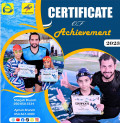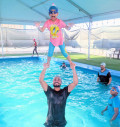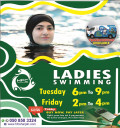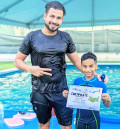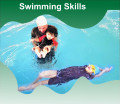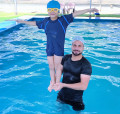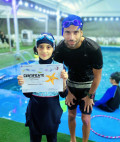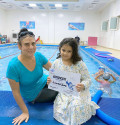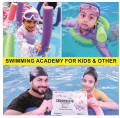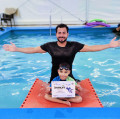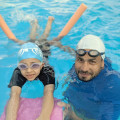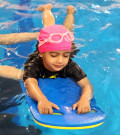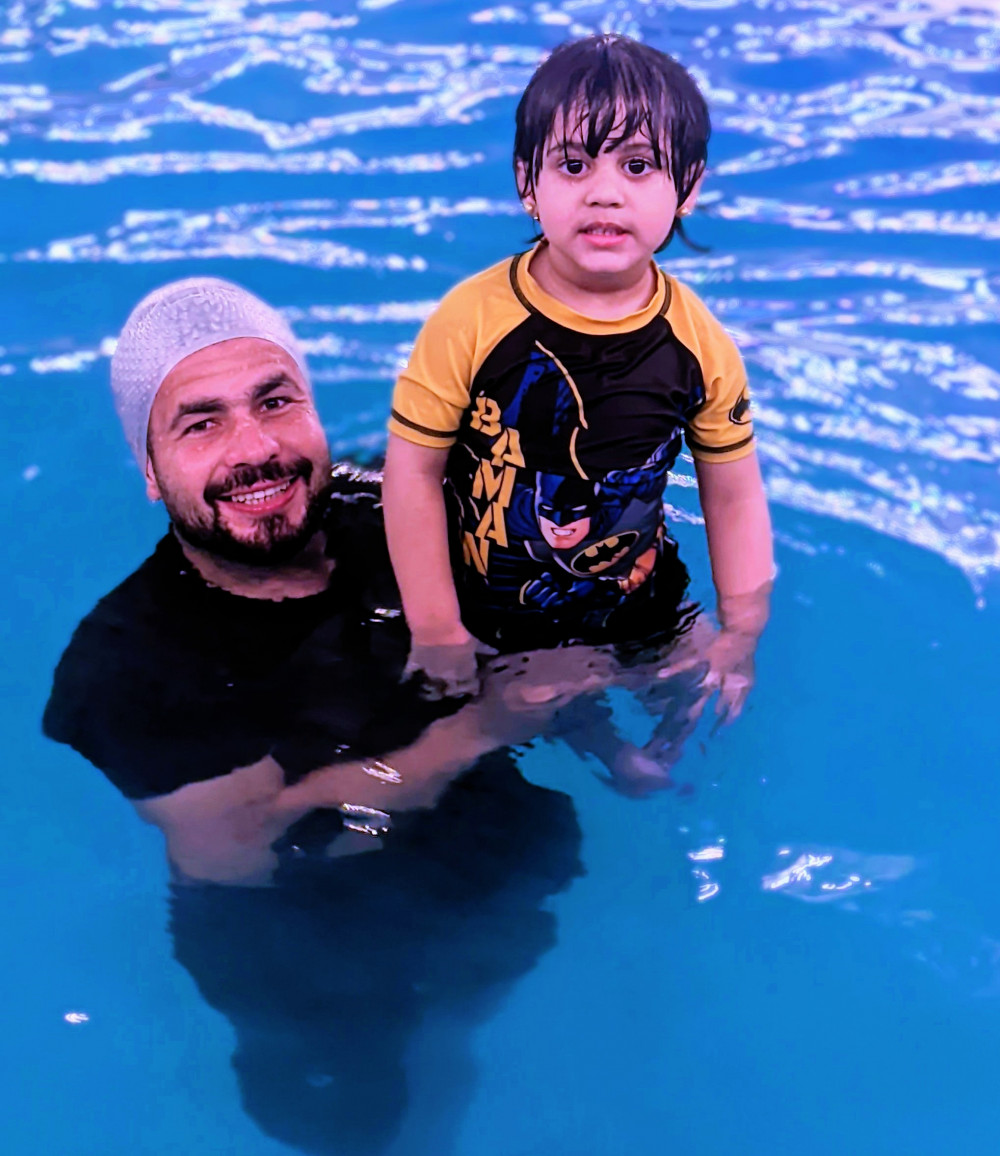
Small Kids Swimming with Confidence a Guide for Parents
2023-09-02 - swimmingIntroduction
Swimming is not only a valuable life skill but also a fun and healthy activity for people of all ages. For parents, teaching their small kids to swim with confidence is not just about water safety; it's also about instilling self-assurance and building a strong foundation for a lifelong love of swimming. In this article, we will explore effective strategies and tips for helping small kids develop confidence in the water.
The Importance of Early Exposure to Water
Before we dive into the strategies, let's understand why early exposure to water is crucial for children.
Building Comfort in the Water
Start Early: Introduce your child to water at an early age, preferably in infancy. This helps them become familiar with the sensation of water.
Parental Bonding: Spending time in the water with your child enhances the parent-child bond and reduces fear.
Choosing the Right Swimming Program
Selecting the right swimming program for your child can make a significant difference in building their confidence.
Researching Swim Schools
Check Accreditation: Ensure that the swim school or instructor is accredited and has experience working with young children.
Small Class Sizes: Smaller class sizes allow for more individualized attention, which can boost your child's confidence.
Preparing for the First Lesson
The first swimming lesson is a significant step in your child's journey towards water confidence.
Proper Swim Attire
Swim Gear: Invest in proper swim attire like swimsuits, goggles, and swim diapers if needed.
Water Temperature: Ensure that the water temperature is comfortable for your child. Cold water can lead to discomfort and anxiety.
Building Confidence in the Water
Now, let's delve into strategies that will help your child gain confidence in the water.
Gradual Introduction
Take It Slow: Start with shallow water and gradually move deeper as your child becomes more comfortable.
Games and Toys: Use fun water toys and games to make the experience enjoyable.
Positive Reinforcement
Encouragement and praise play a vital role in boosting your child's confidence.
Celebrate Small Achievements
Clap and Cheer: Applaud your child's efforts, whether it's floating on their back or taking their first strokes.
Set Achievable Goals: Break down swimming skills into manageable goals to give your child a sense of accomplishment.
Overcoming Fear and Anxiety
It's natural for small kids to experience fear in the water, but there are ways to help them overcome it.
Patient Approach
Listen to Their Concerns: Pay attention to your child's fears and address them patiently.
Lead by Example: Show your child that the water is safe by getting in the pool with them.
Developing Water Safety Awareness
Apart from confidence, it's essential to teach your child about water safety.
Teach Basic Water Safety Rules
No Running: Emphasize the importance of walking around the pool to prevent accidents.
Floatation Devices: Teach your child about floatation devices and how to use them when needed.
Conclusion
In conclusion, helping small kids swim with confidence is a rewarding journey that requires patience, encouragement, and a safe learning environment. By starting early, choosing the right swim program, and providing positive reinforcement, you can empower your child to become a confident swimmer.
.







.jpg)




















